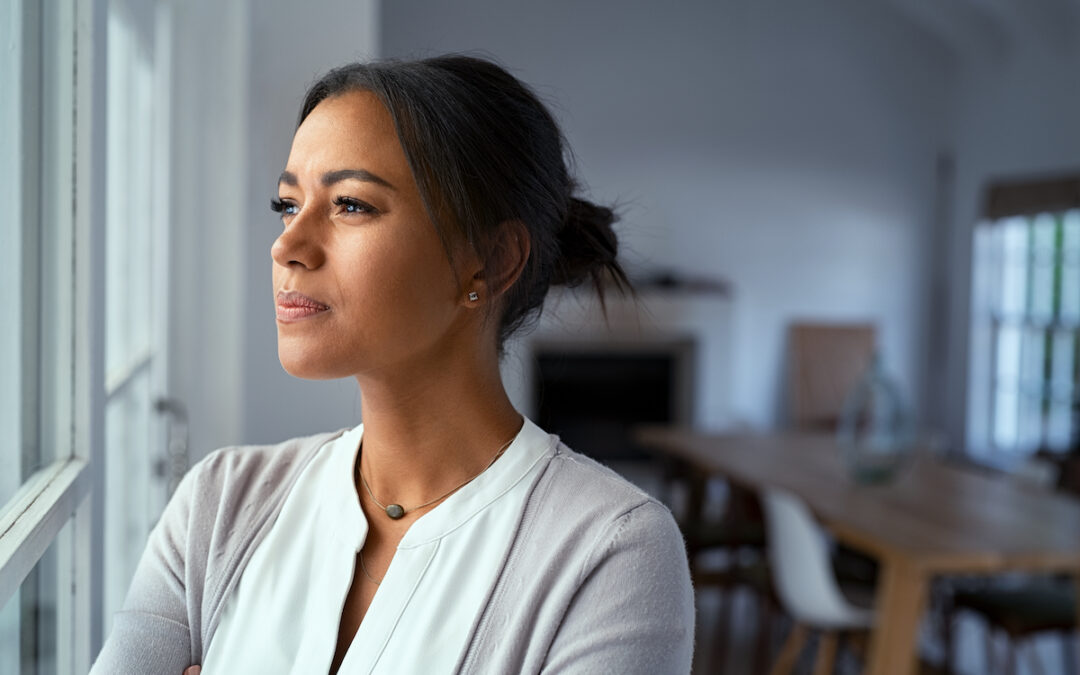
Not Sure If It’s Anxiety or Stress?
Is it Anxiety or Stress?
Anxiety and stress are two commonly experienced mental health conditions that can be difficult to differentiate. They often share similar symptoms such as a racing heart, restlessness, and difficulty concentrating. However, there are important differences between the two.
One major difference is that while anxiety is a reaction to something specific, stress can be a more general feeling of pressure or strain. Anxiety is often characterized by persistent worry or fear about a future event or situation, while stress can be caused by various factors such as work overload, financial difficulties, or relationship problems.
Another difference is the duration and intensity of these feelings. While stress may come and go depending on external circumstances, anxiety can be a more constant feeling that interferes with daily life. Anxiety disorders are also diagnosed when these feelings persist for a prolonged period of time and significantly impact an individual’s functioning.
Additionally, the sources of anxiety and stress can also differ. Anxiety is often triggered by specific events or situations, while stress can be caused by a variety of factors or even be self-imposed. It is important to identify the underlying causes in order to effectively manage and cope with these conditions.
Treatment for anxiety and stress can also differ, with anxiety often requiring therapy and/or medication to address the root causes and manage symptoms. Stress management techniques such as relaxation exercises, time management, and seeking support from friends or family can be helpful in managing stress.
Symptoms of anxiety include:
Anxiety is a natural response to stress or danger, often referred to as the “fight or flight” response. It is a feeling of fear and apprehension about what is going to happen next. While having occasional anxiety is normal, when it becomes constant and interferes with daily life, it may be categorized as an anxiety disorder.
Here are some common symptoms of anxiety:
- Excessive Worrying:
- Restlessness:
- Difficulty Concentrating:
- Muscle Tension:
- Fatigue:.
- Irritability:
- Trouble Sleeping:
- Panic Attacks:
- Avoidance:
- Physical Symptoms:
Symptoms of stress include:
- Headaches:
Stress can cause tension headaches and migraines due to increased muscle tension in the body.
- Changes in appetite:
Some individuals may experience an increase or decrease in appetite when under stress. This can lead to weight gain or loss, as well as unhealthy eating habits.
- Difficulty Concentrating:
Stress can make it challenging to focus or concentrate, leading to decreased productivity and performance in daily tasks.
- Insomnia:
Stress can disrupt sleep patterns, making it difficult to fall or stay asleep. This can cause fatigue and irritability during the day.
While anxiety and stress share some commonalities, it is important to understand the differences between them in order to effectively address and manage these feelings. Seeking professional help and utilizing self-care techniques can greatly aid in managing both anxiety and stress. Remember, it is okay to seek help and prioritize your mental well-being. So, it’s important to prioritize self-care and seek support when needed.
Stress can be a normal part of life, but chronic stress or prolonged exposure to stress can have negative effects on both physical and mental health. It is important to find healthy ways to cope with and manage stress in order to prevent it from becoming overwhelming.
Some effective stress management techniques include regular exercise, practicing mindfulness and relaxation techniques, setting boundaries, and seeking support from loved ones. Engaging in enjoyable activities, maintaining a healthy lifestyle, and finding time for self-care can also help in reducing stress levels.
If you need help with anxiety or managing your stress level, reach out.
6 Ways to Help Your Struggling Child


